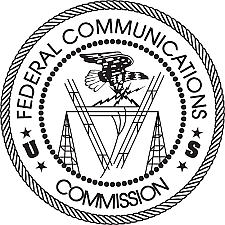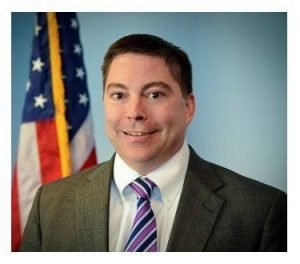

Last month Rolling Stone magazine published an article quoting radio veteran Paul Porter who claims ‘payola’ is alive & well in the radio industry where “play for pay” still exists. Such practices may have changed over time – no longer is it cash, drugs or hookers, but the game is still alive if not somewhat more sophisticated & low-key to avoid detection. Now FCC commissioner Michael O’Rielly is investigating the Recording Industry Association of America (RIAA) in an effort to get some answers about the relationship between radio and the record labels and whether allegations of non-disclosure are actually occurring. According to an article posted to InsideRadio “one unnamed record promoter told the magazine he sent $10,000 recently to urban and rhythmic CHR programmers and personalities to spin his record. Another said they spent about $50,000 to break a rhythmic record, a price tag that got the song about 800 spins, mostly on mix shows. One promoter also put the price of getting a record added to a playlist at about $300, a price tag that would get a track a handful of spins per week.” In his letter to RIAA Chairman/CEO Mitch Glazier, the “changing nature of radio” and the “explosive impact of digital advertising” means record companies are now working with stations in ways that can be “very complex,” making it difficult to determine whether laws are being followed. “It is my sincere hope that recent allegations are being overstated or misrepresented,” said O’Rielly. He’s asking the RIAA to help the agency determine whether allegations of pay-to-play are actually occurring and whether artist appearances are being tied to on-air spins. “My primary goal is to get to the bottom of existing industry practices to determine whether the law is being followed or whether any problematic conduct must be addressed,” O’Rielly said. He also notes that some have argued the current payola restrictions violate the First Amendment.
If station personnel are receiving goods, services or other consideration to promote music, they are required by the FCC to disclose this fact on air to listeners, identifying who is providing such perks. The Rolling Stone article doesn’t identify specific offenders but both iHeart Radio & Cumulus Media deny such exchanges are taking place in their companies. Sounds like the same-ol’ same-ol’ to this reporter. Here is the letter Michael O’Rielly sent to the RIAA: FCC letter

Some comments may be held for moderation. (New users)